Here’s part 2 of an interview with Stanford Geneticist Mike Snyder about the new study he’d like to do, checking the “omics” of 250 prediabetics, to give an enormously comprehensive profile of their genes, their genetic expression, and more, as they live their lives, with some becoming diabetics, and we hope, some finding better ways to never become a full-fledged diabetic. – Shelley
MIKE SNYDER
We’d like to take on analyzing diabetes further because it really is a huge problem. It’s mushrooming. Some people estimate that up to 50% of the population will be diabetic within 20 or 30 years. That’s a huge, huge problem. Given how little we know about how it’s such a complicated disease, I don’t see how we can’t go in and by analyzing it in this molecular detail learn a lot more about what’s going on. Hopefully some of that information will be valuable for treating people and helping to ameliorate this condition. That’s really the goal .
How many people will be in your next study?
MIKE SNYDER
We’re trying to get funding to study about 250 people so that’s a pretty large study. I think that’s a large enough cohort to give us a snapshot of what might happen
I wonder if researchers similar to you, using somewhat different platforms, were to pool their information with other people doing similar studies around the United States looking at similar markers in the blood, would that help, just to get the numbers up higher for how many people are being looked at?
MIKE SNYDER
I certainly am a big fan of collaborating with anyone doing related things. And I’d be happy to do that. I like to think we’re studying nearly everything you can but you can always study more. For example, you could study the micro biome. You could study all the things that are going on in people. But we are doing all the standard medical tests.
The micro biome would be an interesting addition.
MIKE SNYDER
We’re loaded with microorganisms. You may know we have several pounds of microorganisms inside ourselves. In fact more cells in our body are microbes than they are our own cells, and so they certainly are thought to have a huge impact on our metabolic states and such and so we do want to analyze those. At some level, we’re going to collaborate with others to help do that and that will be a terrific thing to add as one example, and as you point out there are many other things we can add as well. In an ideal world we’d like to add them with people collaborating with us using the same samples as we do, to learn more about the samples.
Are you saving your samples right now. And I hate to be this graphic, but if you’re planning to analyze your micro biome, are you getting samples of your poop?
MIKE SNYDER
We’re about to do that. We have not done that yet, but yes that would be certainly one of the things to do. One reason we chose me in the first, in fact the way this all started was we chose me because we would then have somebody who we could get lots of material from, so to speak.
Well that’s right. The researchers just came here to your office and started taking blood!
MIKE SNYDER
Right! It’s a real convenience factor which is quite nice from a scientific standpoint and so this is really a very nice thing to have. We thought we were taking plenty of material to do everything we wanted with, but suddenly you discover more things to do. And more people get involved. We started out this study with just a few people but by the time we published this paper we actually had 40 different collaborators because there were lots of different people who wanted to join in because it was a was a pretty unique study, and in the end a lot of the material is close to gone for the first part but on the other hand we are collecting new material as we go forward and we’re getting better at using less material so we are trying to save some as we go forward so that other groups can analyze it, and several people have now approached me about getting access to some of it. We hope to be able work with some of them to better analyze all the different constituents of the blood and what that means for health states.
Do you ever think about the Einstein quote about knowledge? The one where he said that knowledge is like this cup of coffee on your table. All things that we know are like the coffee – that is, what’s inside the cup. What we know that we don’t know is like the upper lip of the cup – that is, its circumference. And what we don’t know that we don’t know is everything else. what we know that we don’t know is the circumference or knowledge. We all want more knowledge, but as that happens, the circumference becomes larger, and we become more aware of what we don’t know, which makes it a little bit frustrating
MIKE SNYDER
That’s certainly true of the study. I think many more questions came up than got answered as we went along and to me that’s exciting because it’s more problems to solve and I think that’ll happen for a while. You’re right, you’re absolutely right there’s a lot more to learn.
But that would be a unique disease to solve.
Oh, absolutely. And hopefully would affect the lives of many people.

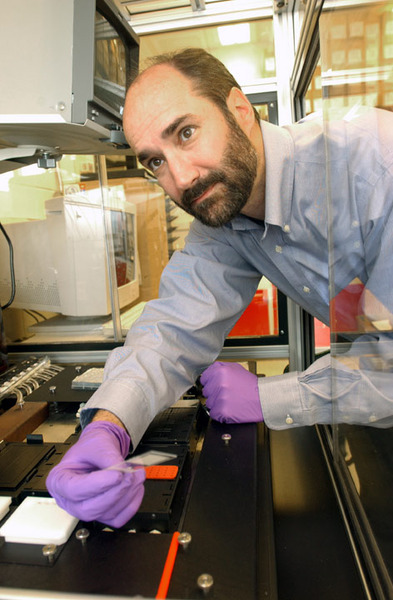
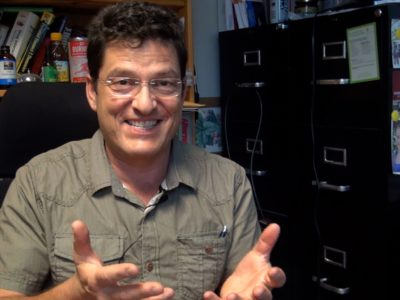
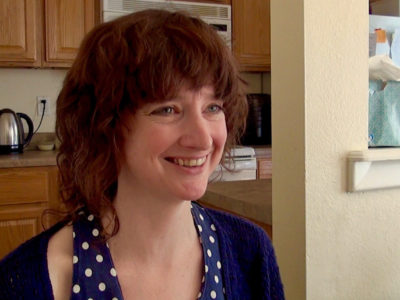
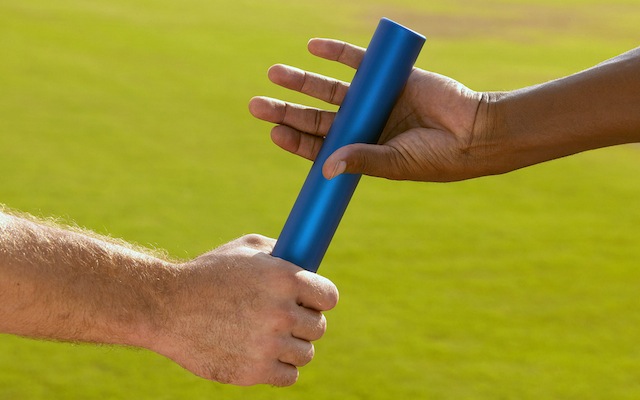
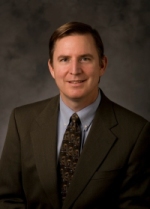
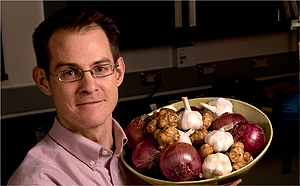
1 comment for “Stanford Geneticist Mike Snyder Part 2 – Future Goal – Study 250 Prediabetics”